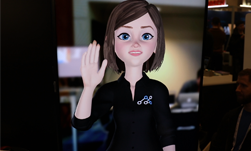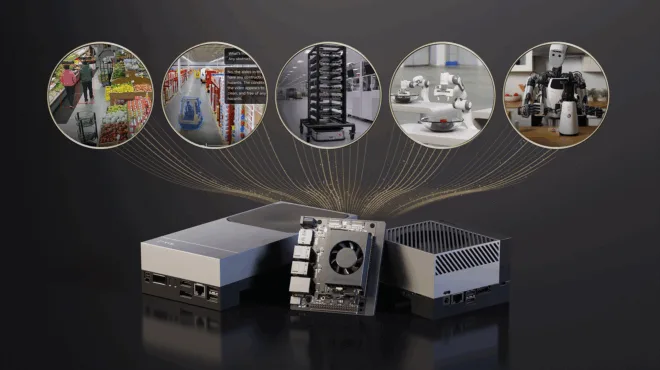The Russian machine learning firm Tselina Data Lab developed a deep learning-based camera algorithm called Fraudoscope that detects lies on facial emotions.
Trained with CUDA and TITAN X GPUs, the lie-detecting app uses a high-definition camera to observe an interrogation and decode the results. The camera focuses on the interviewee — the software maps changing pixels in the camera feed that correspond to breathing, pulse, pupil dilation, facial tics — and the work-in-progress already has a 75 percent accuracy rate.
As with traditional polygraph tests, Fraudoscope requires a set of calibration questions with well-known answers and the interviewee is also asked to imagine they’ve just won an Olympic medal – as they make up their imaginary answer, the system learn to recognize the individual’s lie.

The firm hopes one day the algorithm will be smart enough to not require calibration and if fed enough information, it may eventually be able to identify poker players and shoplifters from a glance.
Read more >
AI Camera Might One Day Detect Lies Better Than a Polygraph

Nov 04, 2016
Discuss (0)
AI-Generated Summary
- Tselina Data Lab has developed a lie-detecting algorithm called Fraudoscope that uses deep learning and facial emotion analysis to detect deception.
- The Fraudoscope system uses a high-definition camera and NVIDIA TITAN X GPUs to analyze subtle changes in a person's facial expressions, breathing, pulse, and pupil dilation to determine if they are lying, achieving a 75 percent accuracy rate.
- To improve its accuracy, Fraudoscope requires calibration questions with known answers and a scenario where the interviewee is asked to imagine a false scenario, such as winning an Olympic medal, to help the system recognize their individual lying patterns.
AI-generated content may summarize information incompletely. Verify important information. Learn more









